-

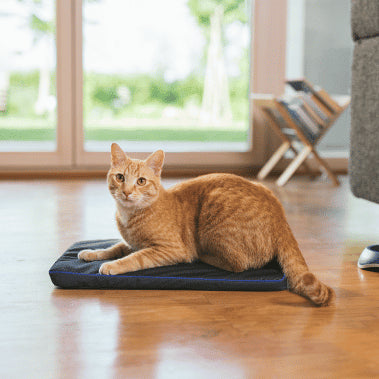
PetsPEMF Pad - PEMF Mat for Dogs and Cats
PetsPEMF Pad - PEMF Mat for Dogs and Cats
Vendor:PetsPemf(42)Regular price From $389.00 USDRegular priceUnit price perThe Best PEMF Mat for Dogs & Cats! Introducing the PetsPEMF Pad – the ultimate game-changer for your furry friends. This PEMF mat for dogs and cats is designed to support your dogs or cats mobility and comfort, especially suitable for pet with joint pain and arthritis. PEMF Pad Key Benefits: Non-invasive Pain Relief Reduced Swelling Improved Joint Health Accelerated Post-Surgery Recovery What is PEMF Therapy? PEMF therapy involves sending magnetic energy into the body. It syncs u...
-
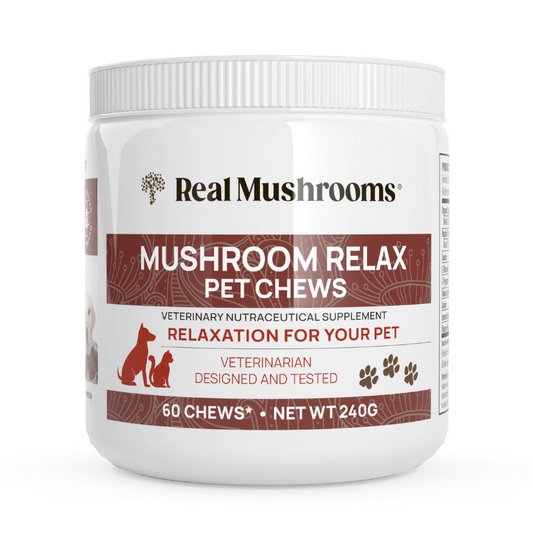
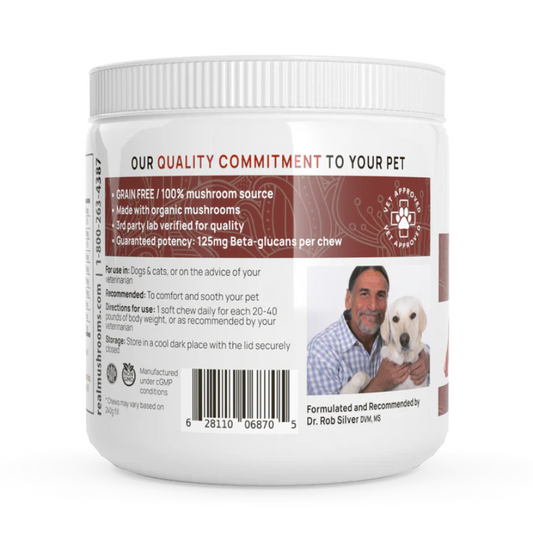
Mushroom Relax Pet Chews - Calming Treats for Dogs and Cats
Mushroom Relax Pet Chews - Calming Treats for Dogs and Cats
Vendor:Real Mushrooms(42)Regular price $40.45 USDRegular priceUnit price per$44.95 USDSale price $40.45 USDHelp your dog or cat relax naturally with Mushroom Relax Pet Chews from Real Mushroom, expertly formulated to calm anxious pets. These chews feature a blend of Lion’s Mane and Reishi mushrooms, two powerful adaptogens that work together to support your pet's stress response and nervous system. Whether it’s thunderstorms, fireworks, or travel anxiety, Mushroom Relax Chews provide soothing comfort to your pet. In addition to mushrooms, each chew is enriched with amino acids like Taurine, L-Thea...
Sale -


Holistic Total Body Support – Multivitamin & Glandular Support for Dogs and Cats
Holistic Total Body Support – Multivitamin & Glandular Support for Dogs and Cats
Vendor:Dr. Ruth Roberts(42)Regular price $64.00 USDRegular priceUnit price per$64.00 USDSale price $64.00 USD*NEW FORMULAHolistic Total Body Support formulated by Dr. Ruth Roberts is a daily multivitamin for dogs and cats, designed to complement a variety of feeding routines—including home-cooked diet. This powdered blend provides a wide range of essential vitamins, minerals, amino acids, and organ-based ingredients (known as glandular supplement), including calcium citrate for dogs and cats as part of its balanced formula. This versatile multivitamin is often selected by pet parents seeking a nutri...
-
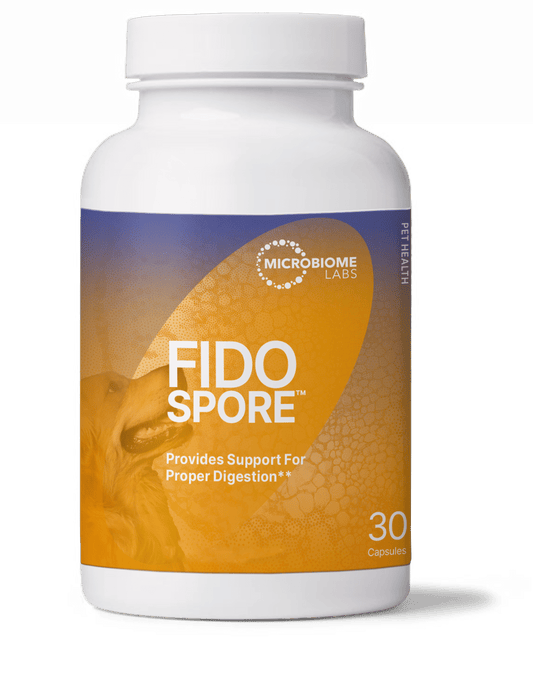

Fidospore by MicroBiome Labs
Fidospore by MicroBiome Labs
Vendor:Microbiome Labs(42)Regular price $44.87 USDRegular priceUnit price per$44.87 USDSale price $44.87 USDFidoSpore™ features a combination of carefully selected probiotic strains, including Bacillus subtilis HU58, Bacillus licheniformis (SL-307), and Pediococcus acidilactici. These spore-forming and lactic acid-producing bacteria are commonly used in pet nutrition and are known for their stability and resilience in various environments. The formula is enhanced with defatted, grass-fed beef liver to offer a savory aroma and flavor that many dogs enjoy. FidoSpore™ can be added to your dog’s daily ...
-


Canine Adrenal Support, 3.5 oz (100 g)
Canine Adrenal Support, 3.5 oz (100 g)
Vendor:Standard Process Inc(42)Regular price $88.20 USDRegular priceUnit price perCanine Adrenal Support is an adrenal support supplement for dogs that supports the adrenal gland’s ability to rebuild, regenerate, and respond to stress. This supplement is formulated to: Help the adrenal glands respond normally to stress and metabolic demands Support the glands' ability to rebuild and regenerate Provide vital nutritional support to related dogs’ bodily organs The adrenal glands help the body adapt to stress through the release of corticosteroids and hormones. This affe...
-
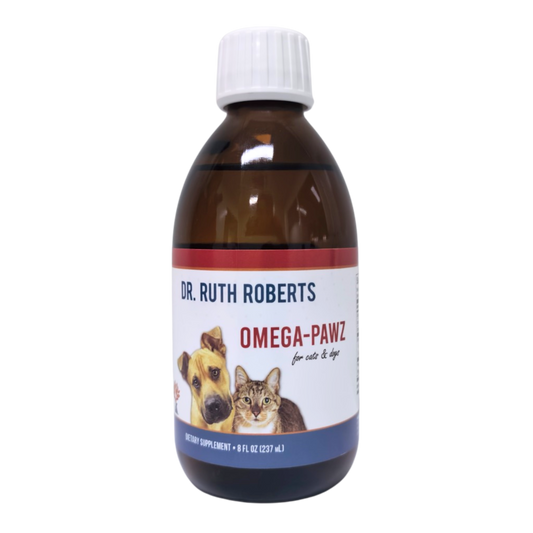
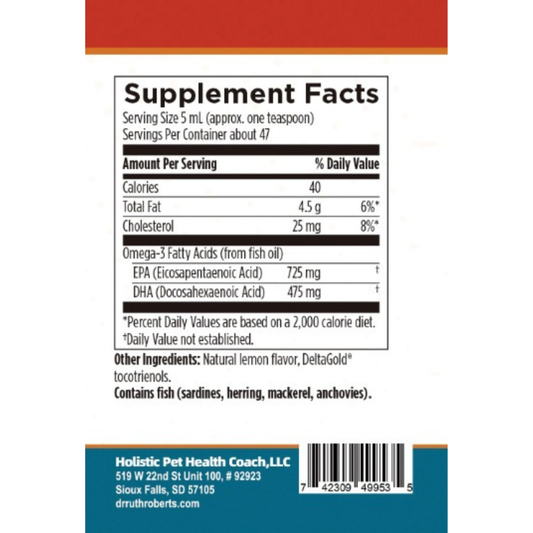
Omega Pawz - Liquid Omega 3 Oil for Dogs and Cats
Omega Pawz - Liquid Omega 3 Oil for Dogs and Cats
Vendor:Dr. Ruth Roberts(42)Regular price $39.00 USDRegular priceUnit price perOmega Pawz by Dr. Ruth Roberts is a liquid omega 3 oil for dogs and cats, thoughtfully made with quality fish oil to complement your pet’s daily feeding routine. This easy-to-use formula includes EPA and DHA, two well-known omega-3 fatty acids found in marine sources. Whether you're looking for omega 3 oil for dogs to include as part of a regular rotation or exploring omega 3 oil for cats for variety in their diet, Omega Pawz offers a simple, pet-friendly option. The light lemon flavor helps ...
-
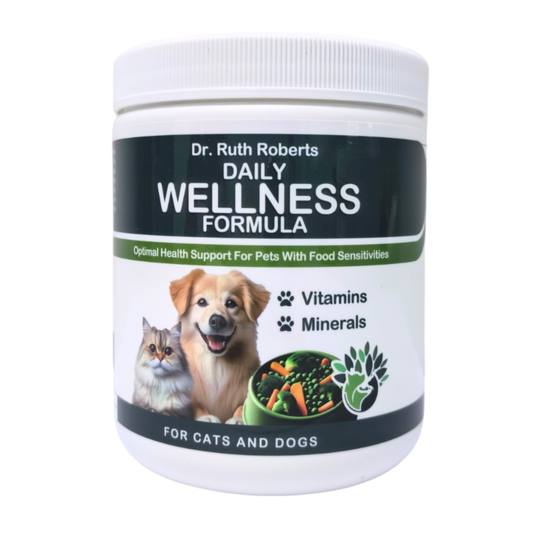

Pet's Daily Wellness Formula - For Pets With Pork/Beef Allergy
Pet's Daily Wellness Formula - For Pets With Pork/Beef Allergy
Vendor:Dr. Ruth Roberts(42)Regular price $54.00 USDRegular priceUnit price per$128.00 USDSale price $54.00 USDPet’s Daily Wellness Formula formulated by Dr. Ruth Roberts is a thoughtfully crafted multivitamin for dogs and cats, designed as a convenient daily addition to your pet’s feeding routine. This formula contains a full spectrum of vitamins, minerals, amino acids, and naturally sourced ingredients—including calcium carbonate for dogs—to help fill common nutritional gaps. It’s especially well-suited for pets with dietary sensitivities, as it’s free of glandular ingredients like beef or pork orga...
Sale -
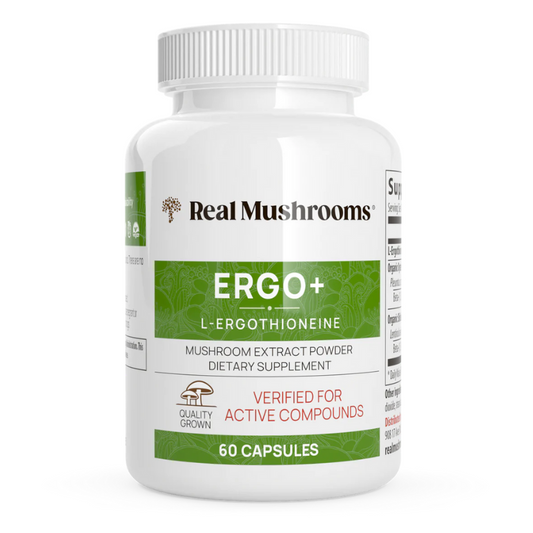
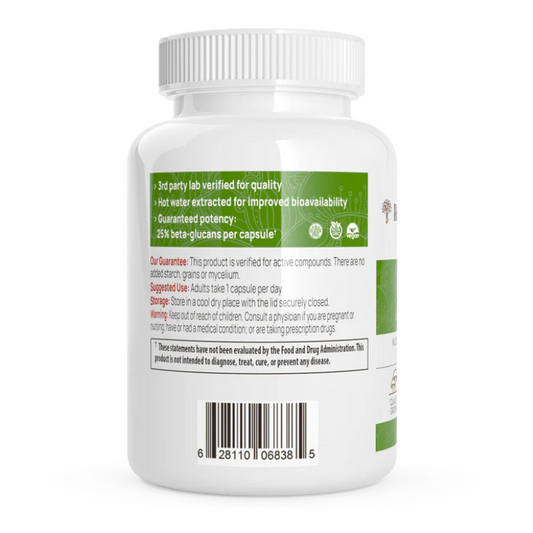
Ergo+ L-ergothioneine Supplement
Ergo+ L-ergothioneine Supplement
Vendor:Real Mushrooms(42)Regular price $34.95 USDRegular priceUnit price perL-ergothioneine, derived from Golden Oyster mushrooms, may support your pet's daily health by contributing to natural cellular functions. This supplement provides a gentle addition to your pet's diet, offering a potential benefit for their overall well-being. Formulated for both cats and dogs, it features high-quality ingredients to complement a balanced diet. Easy to administer, it can be mixed into meals or given as directed. Usage Information:Consult your veterinarian before introducing an...
LET'S LEARN MORE ABOUT
Anxiety and Stress in Pet
Common Causes of Anxiety and Stress in Pets
Common Symptoms of Stress and Anxiety in Pets
Relief and Support
Talk to Us
If you need help with starting up the course or getting access to the recipes and videos, please don't hesitate to contact us via call/text at +213 394 2923 / email drruthroberts@drruthroberts.com.




















